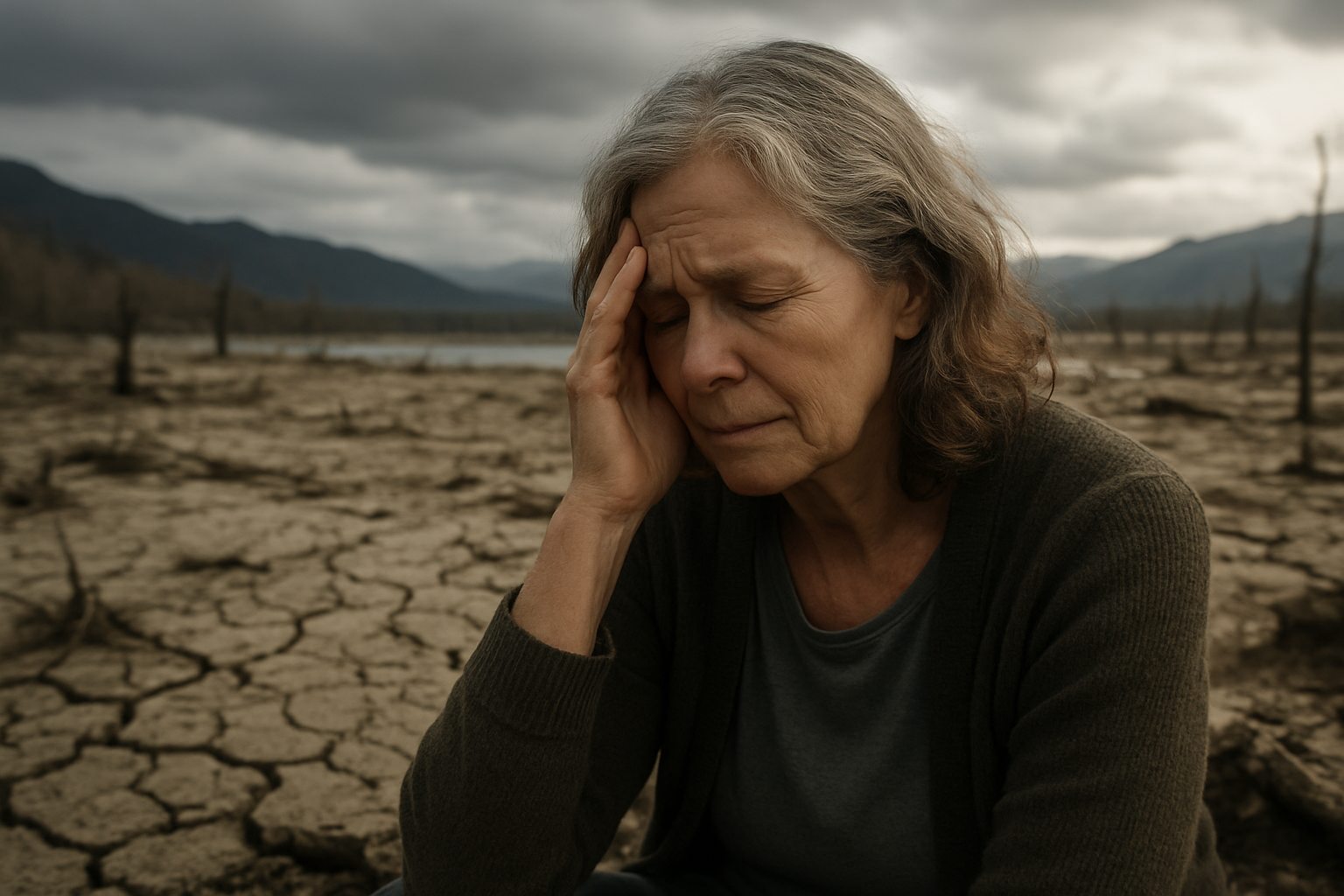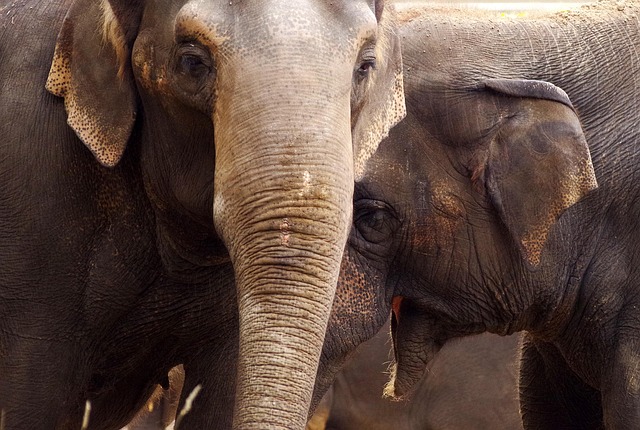Solastalgia: The Emotional Toll of Environmental Change
In an era of rapid environmental transformation, a new psychological phenomenon is emerging. Solastalgia, the distress caused by environmental change, is affecting individuals and communities worldwide. Read below to explore this growing concern and its implications for mental health, social dynamics, and our relationship with the planet.

The experience of solastalgia can manifest in various ways. Individuals may feel a deep sense of loss, anxiety, or helplessness as they witness familiar natural environments deteriorate or disappear. This emotional response is particularly acute for those with strong place attachment or whose cultural identity is closely tied to their surroundings.
The Psychological Impact
Research in environmental psychology has shown that solastalgia can have significant mental health implications. Studies conducted in areas affected by drought, mining, and deforestation have found increased rates of depression, anxiety, and substance abuse among residents. The chronic stress associated with environmental degradation can lead to a range of psychosomatic symptoms, including sleep disturbances, headaches, and digestive issues.
Moreover, solastalgia can erode social cohesion within communities. As shared landscapes change, traditional gathering places may be lost, and cultural practices tied to the environment may become impossible to maintain. This can lead to a sense of collective grief and disorientation, potentially fracturing community bonds.
Vulnerable Populations
While solastalgia can affect anyone, certain groups are particularly vulnerable. Indigenous communities, whose cultural identities and livelihoods are often intimately connected to the land, face disproportionate risks. Farmers and rural residents whose economic well-being depends on environmental stability are also at higher risk of experiencing solastalgia.
Young people represent another vulnerable group. Growing up in a world of rapid environmental change, many are experiencing eco-anxiety and solastalgia from an early age. This generational experience of environmental loss is shaping worldviews and influencing political and social movements focused on climate action.
Coping Strategies and Resilience
As awareness of solastalgia grows, researchers and mental health professionals are developing strategies to help individuals and communities cope. Ecotherapy, which involves reconnecting with nature, has shown promise in alleviating symptoms of solastalgia. Community-based initiatives that focus on environmental restoration and conservation can also provide a sense of agency and hope.
Psychologists emphasize the importance of acknowledging and validating the emotional impact of environmental change. Support groups and counseling services tailored to eco-anxiety and solastalgia are emerging in many areas, offering spaces for individuals to process their grief and connect with others experiencing similar distress.
Societal Implications and Future Outlook
The rise of solastalgia has broader implications for society. It challenges traditional notions of progress and development, forcing a reevaluation of the costs associated with environmental exploitation. As more people experience the emotional toll of ecological change, there is potential for increased environmental awareness and activism.
Policy makers are beginning to recognize the mental health dimensions of environmental issues. Some regions are incorporating solastalgia into public health strategies and environmental impact assessments. This holistic approach acknowledges the interconnectedness of human and environmental well-being.
Looking ahead, addressing solastalgia will require a multifaceted approach. This includes mitigating environmental degradation, developing robust mental health support systems, and fostering community resilience. Education and awareness campaigns can help normalize discussions about the emotional impacts of environmental change, reducing stigma and encouraging help-seeking behaviors.
As our planet continues to evolve, understanding and addressing solastalgia will be crucial for maintaining individual and collective well-being. By recognizing the profound connection between environmental and mental health, we can work towards creating a more sustainable and emotionally resilient world.





